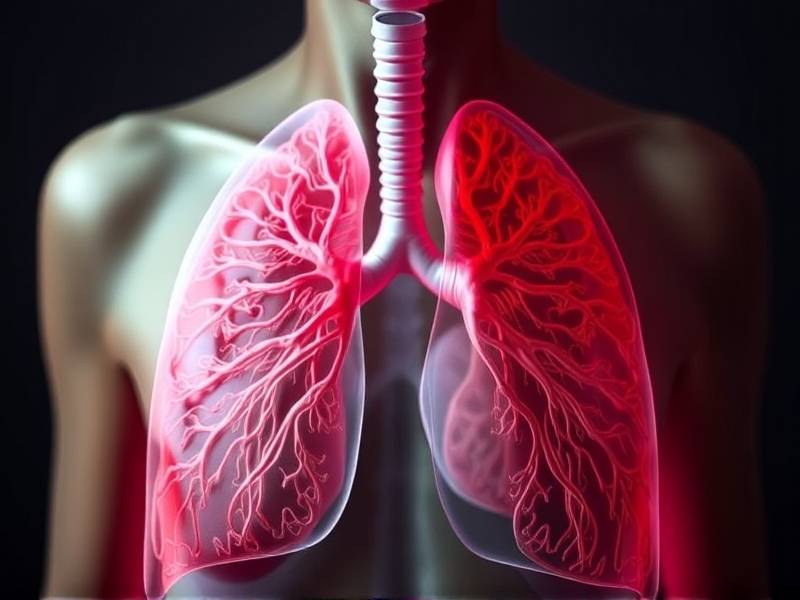Does COPD Go Away If You Quit Smoking?
Understanding Chronic Obstructive Pulmonary Disease (COPD)
Chronic Obstructive Pulmonary Disease, commonly known as COPD, is a progressive lung disease that makes it difficult to breathe. It is primarily caused by long-term exposure to irritants like tobacco smoke. Symptoms of COPD include shortness of breath, chronic cough, and frequent respiratory infections.
The Link Between Smoking and COPD
The most significant risk factor for developing COPD is smoking. In fact, around 80-90% of all COPD cases are caused by smoking. Quitting smoking is one of the most effective ways to slow down the progression of the disease and improve overall lung health.
Can COPD Be Cured by Quitting Smoking?
While quitting smoking cannot cure COPD, it can significantly slow down its progression and alleviate symptoms. The body starts healing almost immediately after you quit smoking. Here's how:

Immediate Benefits After Quitting Smoking
- Reduced Risk of Further Damage: Within 48 hours of quitting, your risk of heart attack decreases.
- Improved Oxygen Levels: Within two weeks to three months after quitting, your lung function starts to improve, and you may notice an increase in your ability to exercise.
- Decreased Coughing and Phlegm Production: After one to nine months, you may experience fewer respiratory infections.
Long-Term Benefits
- Reduced Risk of Other Health Complications: Over time, quitting smoking can lower your risk of other health issues such as heart disease and stroke.
- Slower Progression of the Disease: Your lungs may continue to heal for years after you quit.
- Increased Life Expectancy: Studies have shown that smokers who quit reduce their risk of dying from COPD by up to 50%.
Strategies for Quitting Smoking
Quitting smoking can be challenging, but there are various strategies that can help:

- Seek Support: Join a support group or find a friend who wants to quit with you.
- Use Medications: Nicotine replacement therapy (NRT) or prescription medications can help alleviate withdrawal symptoms.
- Consider Behavioral Therapy: A therapist can provide strategies and coping mechanisms for overcoming cravings.
Conclusion
While quitting smoking cannot cure COPD completely, it is an essential step towards slowing down its progression and improving your quality of life. If you're struggling to quit smoking, don't hesitate to seek help from healthcare professionals or support groups. Your lungs—and your overall health—will thank you for it.
